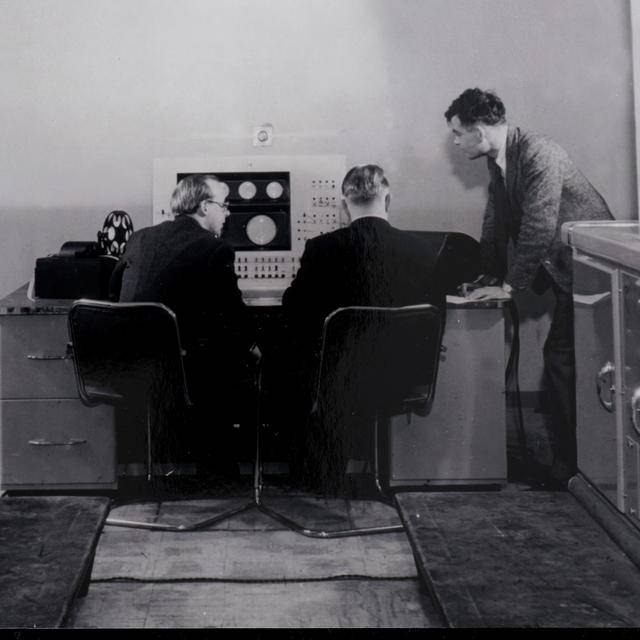Pioneering Mathematician and Computer Scientist Alan Turing Celebrated for His Groundbreaking Contributions to Artificial Intelligence
London, UK - Alan Turing, the British mathematician, computer scientist, and logician, is being celebrated for his pioneering work in the development of artificial intelligence (AI). Turing's innovative ideas and theories, which were well ahead of his time, laid the foundation for the creation of modern computers and the field of AI as we know it today.
Born on June 23, 1912, in London, England, Turing showed a keen interest in mathematics and science from an early age. He was educated at King's College, Cambridge, where he developed a passion for logic, mathematics, and philosophy. Turing's academic excellence earned him a scholarship to Princeton University, where he studied for his Ph.D. in mathematics.
Turing's most significant contribution to the field of AI was his 1950 paper, "Computing Machinery and Intelligence," in which he proposed the Turing Test. The Turing Test is a measure of a machine's ability to exhibit intelligent behavior equivalent to, or indistinguishable from, that of a human. The test has become a benchmark for measuring the success of AI systems in mimicking human thought processes.
During World War II, Turing worked at the Government Code and Cypher School (GC&CS) at Bletchley Park, where he played a crucial role in cracking the German Enigma code. Turing's work on the Enigma code, which was considered unbreakable, significantly contributed to the Allied war effort and is estimated to have shortened the war by two years.
Turing's contributions to computer science and AI extend far beyond his work on the Enigma code and the Turing Test. He was a pioneer in the development of the theoretical foundations of modern computer science, including the concept of the universal Turing machine. The universal Turing machine is a theoretical model of a computer that can simulate the behavior of any other computer.
Despite his significant contributions to the field of AI and computer science, Turing's life was cut short when he died on June 7, 1954, at the age of 41. Turing's death was a tragic consequence of the persecution he faced due to his homosexuality, which was illegal in the UK at the time. In 2009, the British government officially apologized for Turing's treatment, and in 2013, he was posthumously pardoned.
Today, Turing is recognized as one of the most influential figures in the history of computer science and AI. His work continues to inspire new generations of researchers, scientists, and engineers, and his legacy serves as a reminder of the importance of diversity, inclusivity, and intellectual curiosity.
- _Turing Test_: A measure of a machine's ability to exhibit intelligent behavior equivalent to, or indistinguishable from, that of a human.
- _Universal Turing Machine_: A theoretical model of a computer that can simulate the behavior of any other computer.
- _Enigma Codebreaking_: Turing's work on the Enigma code significantly contributed to the Allied war effort and is estimated to have shortened the war by two years.
- _Computer Science and AI_: Turing's work laid the foundation for the development of modern computer science and AI.
As the world continues to grapple with the challenges and opportunities presented by AI, Turing's legacy serves as a powerful reminder of the importance of innovation, creativity, and intellectual curiosity. His groundbreaking work continues to inspire new generations of researchers, scientists, and engineers, and his legacy will undoubtedly continue to shape the future of AI and computer science.



No comments yet
Be the first to share your thoughts!